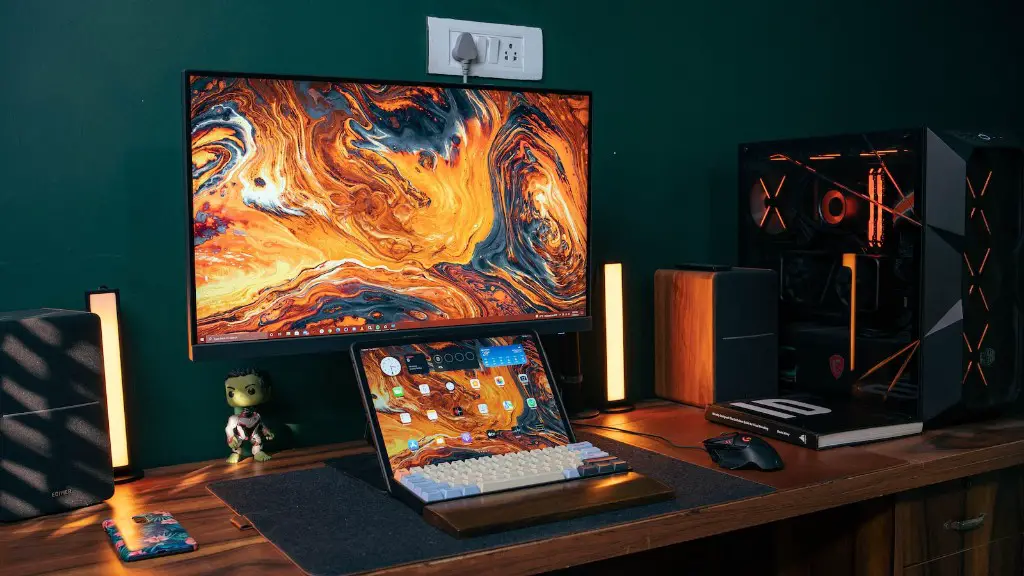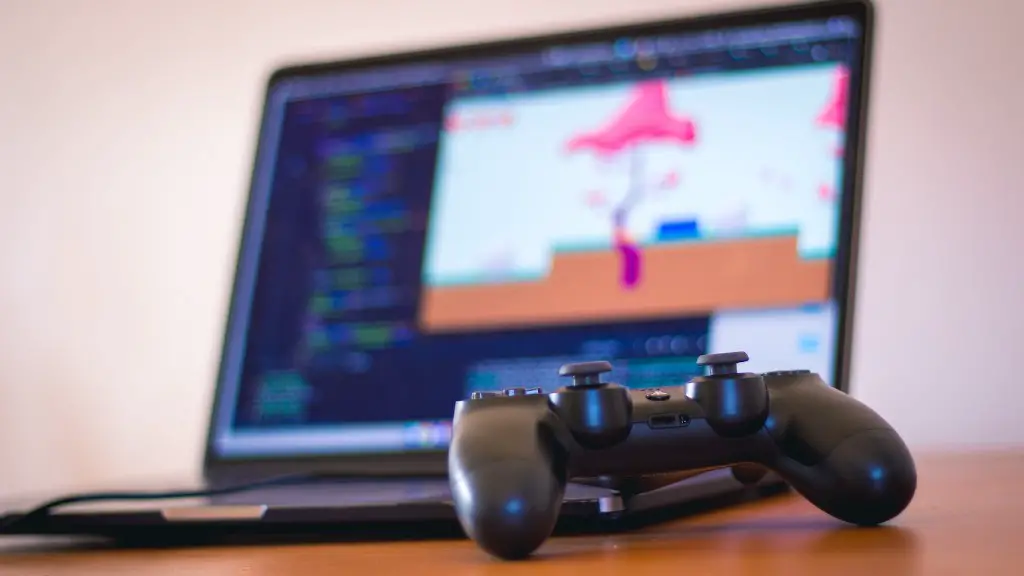An entry-level gaming PC is an affordable computer system specially designed for playing video game titles. These PCs come with various features that help gamers better enjoy their gaming experience. This includes access to higher frame rates and graphics resolutions, as well as being able to run the latest games without needing to upgrade hardware components. In addition, entry-level gaming PCs can also be used for watching movies, streaming videos, and more.
For most gamers, entry-level PCs are the perfect starting point. These systems are able to deliver acceptable performance while still keeping the cost low. This makes them ideal for gamers on a budget who want to get the most out of their gaming experience. Additionally, the entry-level gaming PC is also very easy to upgrade. This ensures that gamers can easily upgrade their PC with newer hardware components as they become available.
When shopping for an entry-level gaming PC, there are several components to consider. One of the most important is the type of processor. This component determines how quickly your PC will be able to run the games you desire. Graphics cards are also essential when it comes to maximizing the visuals of game titles. A good graphics card can result in higher frame rates, smoother performance, and better-looking visuals.
Another important component to consider is RAM. This component determines how quickly a game can be rendered, meaning more RAM results in smoother game play. Additionally, gamers should also consider storage. A good amount of storage ensures that gamers can store their data and games without having to worry about running out of storage space. Additionally, gamers should also consider features such as Wi-Fi and Bluetooth connectivity.
Ultimately, entry-level gaming PCs offer a great way for gamers to get the most out of their gaming experience. By combining processor power, graphics cards, RAM, storage, and added features, these PCs are capable of running the latest games while still keeping the costs down. These systems are also relatively easy to upgrade, meaning gamers can upgrade their PC as they become available with newer hardware components.
Computer Components
When choosing an entry-level gaming PC, the number of components and hardware choices depends largely on budget, performance needs, and preferences. It is best to research the hardware components available and determine the best options to suit your gaming needs. Generally speaking, entry-level gaming PCs should have an Intel Core i5 or i7 processor, 8GB of RAM, a dedicated graphics card, and SSD storage.
When it comes to processor choices, the Intel Core i5 and i7 lineup of processors are the best choices for entry-level gaming PCs. These provide enough power to handle the latest game titles. For RAM, 8GB is the ideal amount to ensure that the games will run without any slowdowns or lag. As for graphics cards, entry-level gaming PCs should include a dedicated graphics card in the mid-range range. This can be the GTX 1060 or the RX 570. Finally, when looking at storage, entry-level gaming PCs should use an SSD with at least 500GB of capacity.
In addition to these components, many entry-level gaming PCs also offer other features such as Wi-Fi, Bluetooth, and USB 3.0 ports. As gaming becomes more popular, these features will become increasingly important. Therefore, it is important to ensure that any entry-level gaming PC that you purchase has these features included.
Cost
The cost of entry-level gaming PCs can vary greatly depending on the specific components chosen and the extended features that are included. Generally, the costs of entry-level gaming PCs can range anywhere from $500 to $1500. However, the majority of entry-level PCs fall into the $500-$800 range. This is a great price range for gamers who aren’t looking for the highest-end gaming experience and want to get the most bang for their buck.
When shopping for an entry-level gaming PC, it is important to research the hardware components and extended features available. This will ensure that you are getting the best value for your money. Additionally, it is also important to look for any additional costs involved. This could include an additional fee for installing Windows or other software, or even the cost of the warranty.
Ultimately, the cost of an entry-level gaming PC can range greatly depending on the hardware components and features included. However, for most gamers, this is the perfect price range to get the most out of their gaming experience without spending a fortune.
Upgrading
One of the great benefits of entry-level gaming PCs is that they are relatively easy to upgrade. This means that gamers can upgrade their hardware components as newer hardware components become available. This is great for gamers who don’t want to purchase an entirely new PC every time they want to upgrade.
In order to upgrade an entry-level gaming PC, gamers need to know what components they will be upgrading. Generally, the most popular upgrades are the processor, graphics card, RAM, and storage. It is important to ensure that these components are compatible with the existing components in the entry-level gaming PC. Additionally, more experienced gamers may also want to upgrade the cooling system, power supply, and motherboard if necessary.
When upgrading an entry-level gaming PC, it is also important to consider the cost. Higher-end components can be more expensive, and it is important to ensure that the cost of the upgrade does not exceed the cost of an entirely new system. Additionally, gamers should also consider the installation cost if necessary.
Ultimately, upgrading an entry-level gaming PC can be a great way for gamers to get the most out of their gaming experience. Without breaking the bank, gamers can easily upgrade their PC with newer components to ensure that they can continue to play the latest games.
Conclusion
Entry-level gaming PCs offer a great way for gamers to get the most out of their gaming experience while still keeping the cost low. These PCs come with various components that ensure acceptable performance while still keeping the costs down. When shopping for an entry-level gaming PC, it is important to consider the processor, graphics card, RAM, storage, and any extended features such as Wi-Fi, Bluetooth, and USB ports. Additionally, the cost of an entry-level gaming PC can range anywhere from $500 to $1500, depending on the hardware components and extended features included. Furthermore, these PCs are relatively easy to upgrade, meaning experienced gamers can easily upgrade their PC with newer components as they become available.



